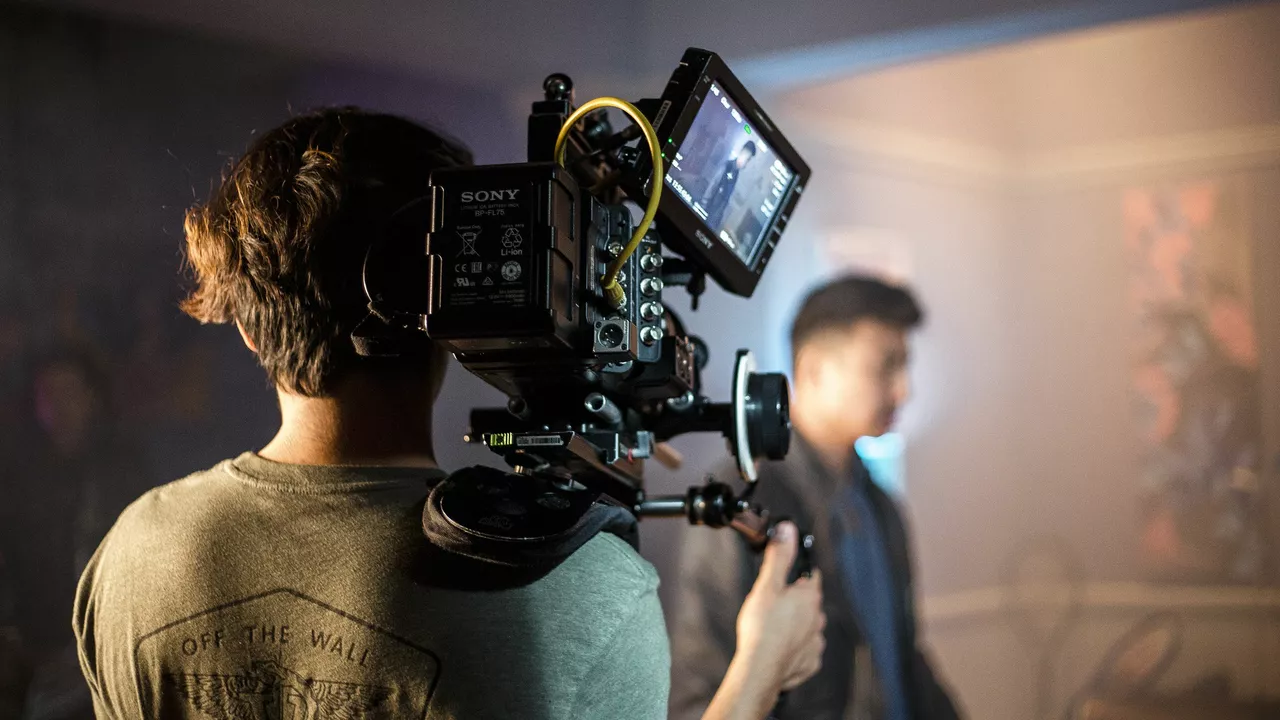Television vs Movies: What’s the Real Difference?
When you ask which is better, TV or cinema, the answer isn’t black‑and‑white. Both formats give you stories, but they do it in different ways that suit different moods.
How the formats shape the story
TV shows stretch a tale over episodes, letting characters grow slowly. You get time to see a hero stumble, learn, and change across seasons. Movies, on the other hand, pack the whole ride into two hours, so every scene has to push the plot forward fast. That’s why you often find tighter plots, bigger set‑pieces, and more dramatic twists in films.
What viewers actually care about
Most people pick TV when they want background entertainment that can be paused or binge‑watched. It fits into a busy schedule – a 20‑minute sitcom after work or a 45‑minute drama on weekends. Films win when you’re looking for an event: a night out, a blockbuster spectacle, or a story that needs a larger budget to work. In India, that’s why you see South movies pulling crowds away from Bollywood – they bring fresh storytelling that feels cinematic even on the small screen.
Budget is a big factor too. TV producers have to balance cost over many episodes, so special effects are usually modest. Film studios can pour millions into a single visual sequence, which is why sci‑fi epics or period dramas often stay on the big screen. Yet, streaming platforms are changing that line. A limited‑series can now have the same VFX budget as a mid‑range movie, blurring the old divide.
Legal and practical stuff matters as well. Showing a movie in a school, for example, needs a public performance license unless it’s used for fair‑use education. TV clips are easier to use under fair‑use because they’re shorter. That’s why teachers often pull a scene from a series rather than a full film for class discussion.
From a fan’s point of view, the choice also depends on how you love to talk about what you watch. A TV series gives you weeks or months of material to dissect, share theories, and argue with friends. A movie gives you a single, intense experience you can rewatch and quote. On sites like IMDb, you’ll see different rating patterns: movies often get higher scores because they’re judged as a whole, while TV shows get mixed reviews as each episode can vary.
In India, the line is especially fuzzy. Regional South movies often get dubbed for TV, and popular OTT series are now produced with the same star power as Bollywood blockbusters. That crossover means fans can enjoy the same actors on both platforms, making the “TV vs movies” debate more about personal preference than about quality.
Looking ahead, technology will keep mixing the two. Virtual reality episodes, interactive movies, and short‑form streaming shows are already testing new ways to tell stories. Whatever the format, the core idea stays the same: good storytelling wins, whether it lands on a couch or in a theater.
So, which one should you pick tonight? If you have time and want a story that unfolds, cue up a series. If you crave a quick, immersive escape, hit play on a film. Both feed the same love for storytelling, just in different doses.
In my latest blog, I explored why TV shows aren't filmed like movies. The main reason is budget - TV shows typically have a smaller budget per episode compared to a movie. This means they often can't afford the same high-quality special effects or grand locations. Also, TV shows need to produce content more quickly to keep up with weekly schedules, which doesn't allow for the lengthy post-production process often used in movies. Finally, they are usually designed for smaller screens, so the visual style and storytelling techniques can be different.
Jul, 18 2023
